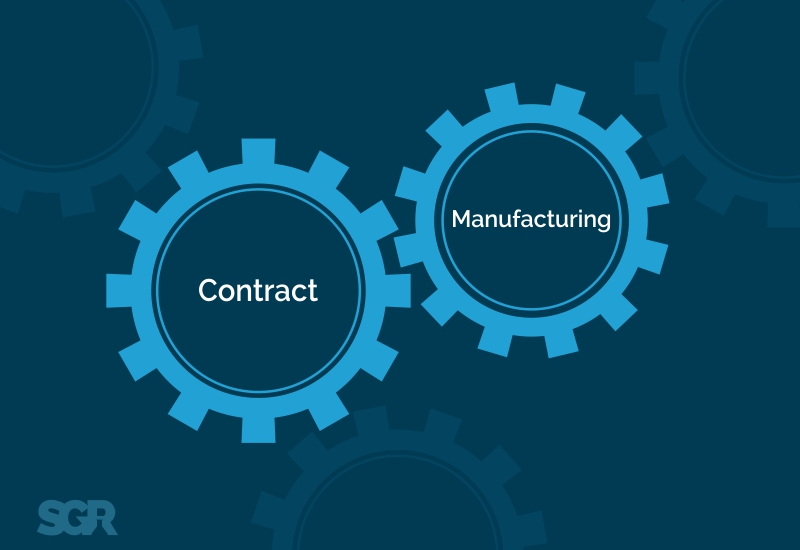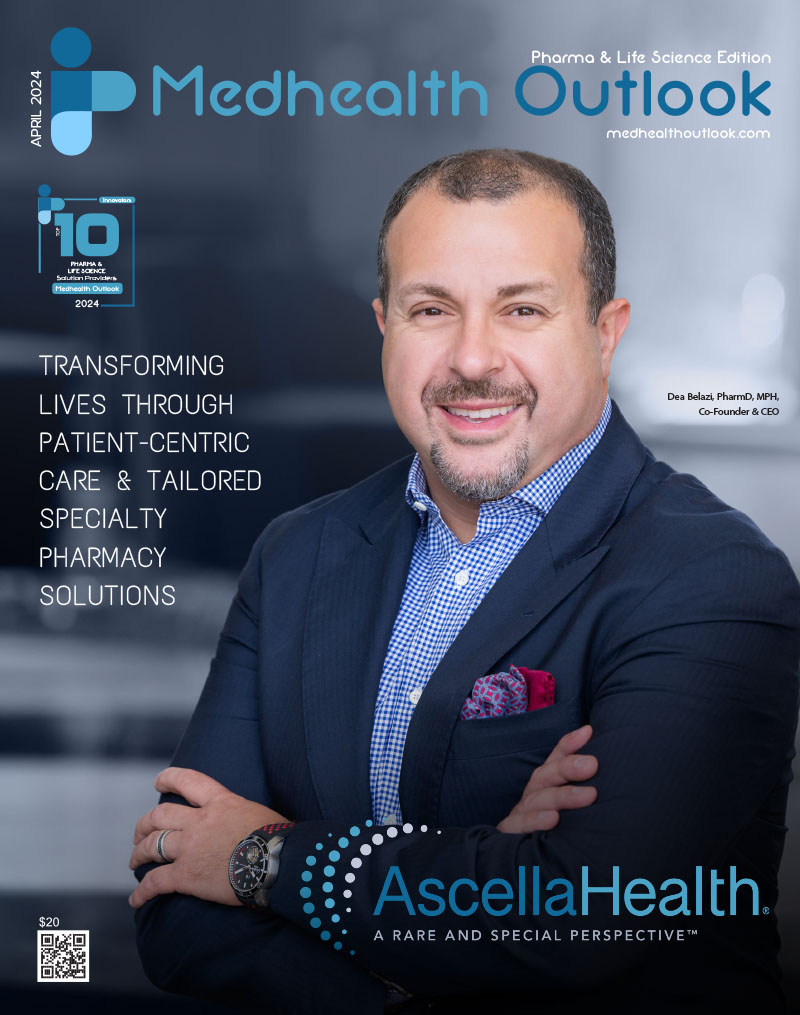Human life was transitory before the discovery of modern medicine. Unseen risks in the form of sickness and medical disorders abound in the environment. Then, when the medical practice became an organized profession, people saw a considerable increase in their quality of life. Medical technology’s frontiers have been pushed to unthinkable heights thanks to current scientific advancement. Yet, despite all of these technological advancements, the role of physicians in society has not been reduced; doctors remain vital.
A doctor is a person who has vast knowledge in the field of medical science and who applies and dedicates his expertise to identifying the patient’s medical condition and then using his abilities to prevent or treat it.
Notwithstanding the fact that this time varies widely from case to case and patient to patient, the efforts behind the cause are admirable. Not every ailment endangers the patient’s life. But, enduring the discomforts for the rest of one’s life is not an option. Doctors’ efforts enable them to alleviate these discomforts and live their lives to the fullest.
Certain illnesses affect a whole population rather than simply a few individuals. Contagious diseases and other epidemic situations, for example, pose a significant threat to the health of ordinary people living within that geographical limit. Doctors’ prompt action and education can help to mitigate or eliminate such a disastrous situation.
Doctors are responsible for increased life expectancy and improved well-being in society. People who survive diseases such as cancer usually owe their survival to doctors, whose skills and dedication are vital for their cure. Modern medical technology coupled with doctors’ care can give people with terminal illnesses hope to live longer.
Doctors perform humanitarian work in society. Some advocacy groups on health issues, such as hypertension and cancer, draw membership from the medical profession and help disseminate information about how to avoid so-called lifestyle diseases. Doctors may work as volunteers on missions ranging from providing care to disaster victims to training medical personnel in the developing world.
When disease outbreaks occur, the information provided by doctors can help contain the epidemic. They also check the spread of disease by alerting the public to factors — such as poor hygiene and risky behaviors — that spread disease. Doctors also work alongside researchers to find new cures for diseases, running drug tests on consenting patients.
Doctors save lives, but their importance goes far beyond that. Doctors also make a difference by helping patients minimize pain, recover from a disease faster or learn to live with a disabling injury. A patient’s ability to enjoy life, even if they can’t be cured, makes a huge difference to them and to their families. If they can go back to work after an illness, that benefits their employer, too. And, that’s only part of what makes doctors important to society.
Traditionally medical professionalism is defined as a set of values, behaviors, and relationships which support the trust the public has in doctors. The public is well aware that the absence of professionalism is harmful to their interests. However, the exercise of medical professionalism is endangered by the political and cultural environment.
The values of professionalism have changed throughout medical history and the meaning of it was also changed according to social theories. Traditional medical professionalism was based on the virtue of autonomy, self-regulation, competency, etc. However, in the new millennium era, the meaning of professionalism has changed under the concept of responsibility which includes the classical virtues.
The meaning of professionalism nowadays is only based on the structure and conflicting theories which cannot solve all the issues surrounding professionalism in medical practice. The conditions of medical practice are critical determinants for the future of professionalism. The interaction between doctor and patient is central to medical care, and medical professionals have roots in almost every aspect of medical care. Doctors have a responsibility to act according to the values which have been determined by the medical profession, history, and surrounding society. The new millennium medical professionalism which is based on responsibility could initiate a public dialogue about the role of the doctor in creating a fairer society.
Medicine bridges the gap between science and society. Indeed, the application of scientific knowledge to human health is a crucial aspect of clinical practice. Doctors are one important agent through which that scientific understanding is expressed. But medicine is more than the sum of our knowledge about the disease.
Medicine concerns the experiences, feelings, and interpretations of human beings in often extraordinary moments of fear, anxiety, and doubt. In this extremely vulnerable position, it is medical professionalism that underpins the trust the public has in doctors.
The entry of multiple health providers, the wish for equal engagement between patients and professionals, and the ever-greater contribution of science to advances in clinical practice all demand a clear statement of medicine’s unifying purpose and doctors’ common values.











